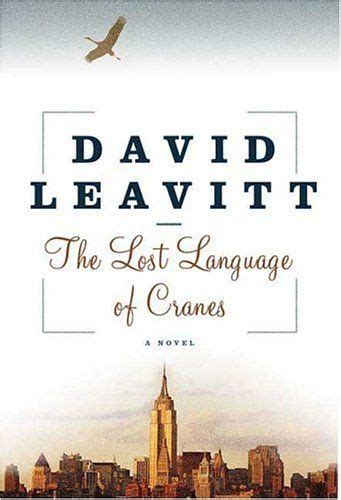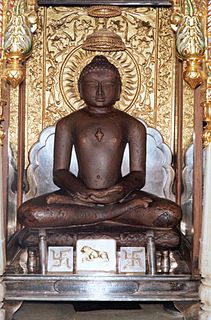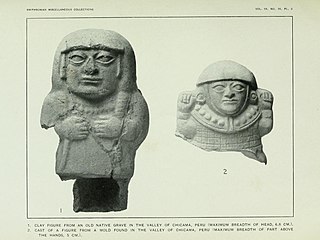A Quote by Karl Wilhelm Friedrich Schlegel
Related Quotes
We all spend so much time worrying about the future that the present moment slips right out of our hands. And so all we have left is retrospection and anticipation, retrospection and anticipation. In which case what's left to recall but past anticipation? What's left to anticipate but future retrospection?
Nature is man's inorganic body -- that is to say, nature insofar as it is not the human body. Man lives from nature -- i.e., nature is his body -- and he must maintain a continuing dialogue with it is he is not to die. To say that man's physical and mental life is linked to nature simply means that nature is linked to itself, for man is a part of nature.
For a man is a little lower than the angels, yet was made that he might become the companion of the Creative Forces; and thus was given--in the breath of life--the individual soul, the stamp of approval as it were of the Creator; with the ability to know itself to be itself, and to make itself, as one with the Creative Forces--irrespective of other influences.
If one undertakes retrospection of the day's events, one must do it regularly at the appointed hour, not fitfully, not doing it today, neglecting to do it tomorrow and the day after and then taking it up again on the fourth day. Such irregular practice is not conducive to the confirmation of the habit of retrospection.
Nature is seen by humans through a screen of beliefs, knowledge, and purposes, and it is in terms of their images of nature, rather than of the actual structure of nature, that they act. Yet, it is upon nature itself that they do act, and it is nature itself that acts upon them, nurturing or destroying them.
All the lies and evasions by which man has nourished himself civilization, in a word is the fruits of the creative artist. It is the creative nature of man which has refused to let him lapse back into that unconscious unity with life which characterizes the animal world from which he made his escape.
Man is the namer; by this we recognize that through him pure language speaks. All nature, insofar as it communicates itself, communicates itself in language, and so finally in man. Hence, he is the lord of nature and can give names to things. Only through the linguistic being of things can he get beyond himself and attain knowledge of them-in the name. God's creation is completed when things receive their names from man, from whom in name language alone speaks.
All death in nature is birth, and at the moment of death appears visibly the rising of life. There is no dying principle in nature, for nature throughout is unmixed life, which, concealed behind the old, begins again and develops itself. Death as well as birth is simply in itself, in order to present itself ever more brightly and more like to itself.
The soul of man, left to its own natural level, is a potentially lucid crystal left in darkness. It is perfect in its own nature, but it lacks something that it can only receive from outside and above itself. But when the light shines in it, it becomes in a manner transformed into light and seems to lose its nature in the splendor of a higher nature, the nature of the light that is in it.
To refuse any bond of union between man and civil society, on the one hand, and God the Creator and consequently the supreme Law-giver, on the other, is plainly repugnant to the nature, not only of man, but of all created things; for, of necessity, all effects must in some proper way be connected with their cause; and it belongs to the perfection of every nature to contain itself within that sphere and grade which the order of nature has assigned to it, namely, that the lower should be subject and obedient to the higher.







































